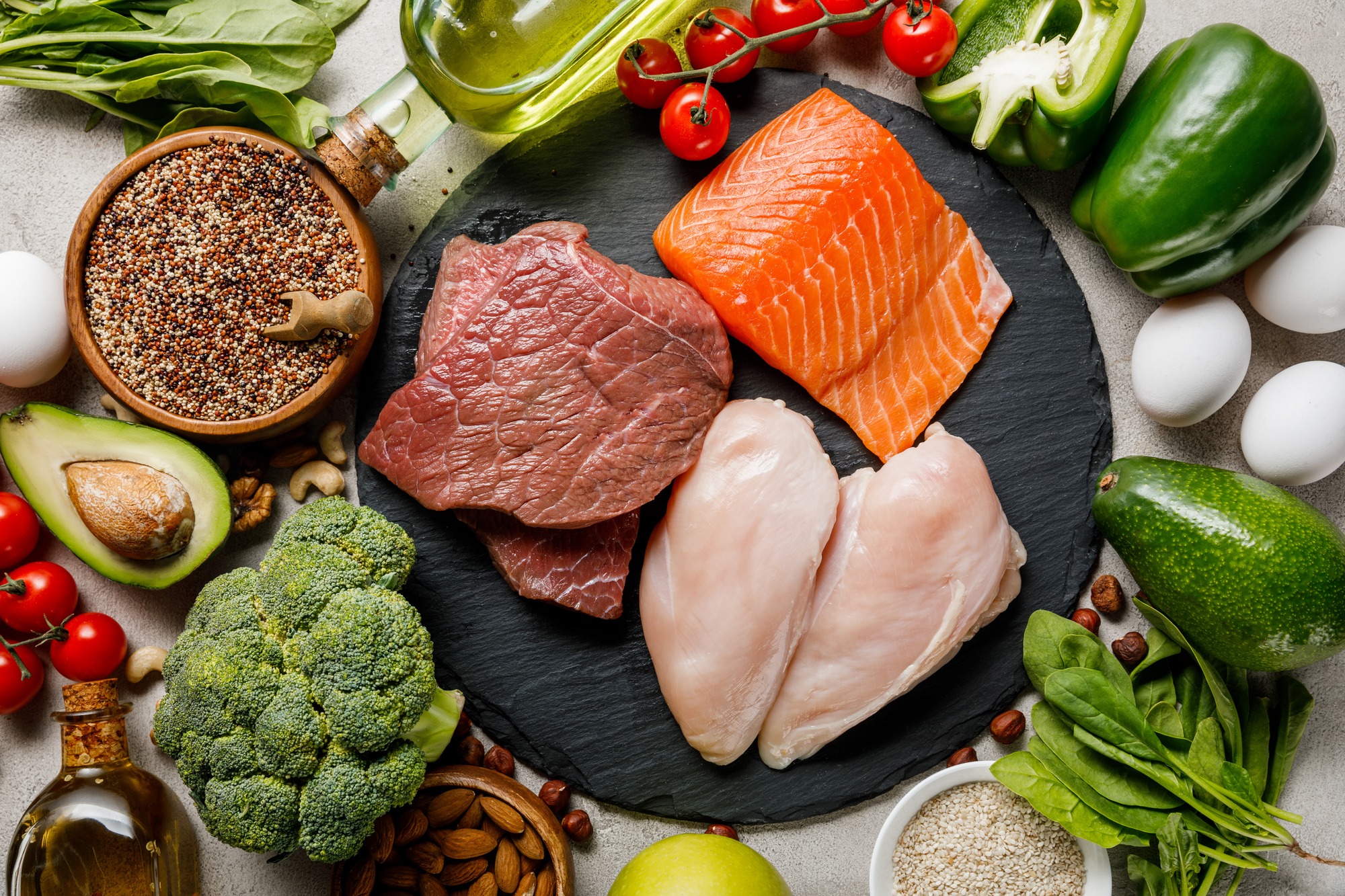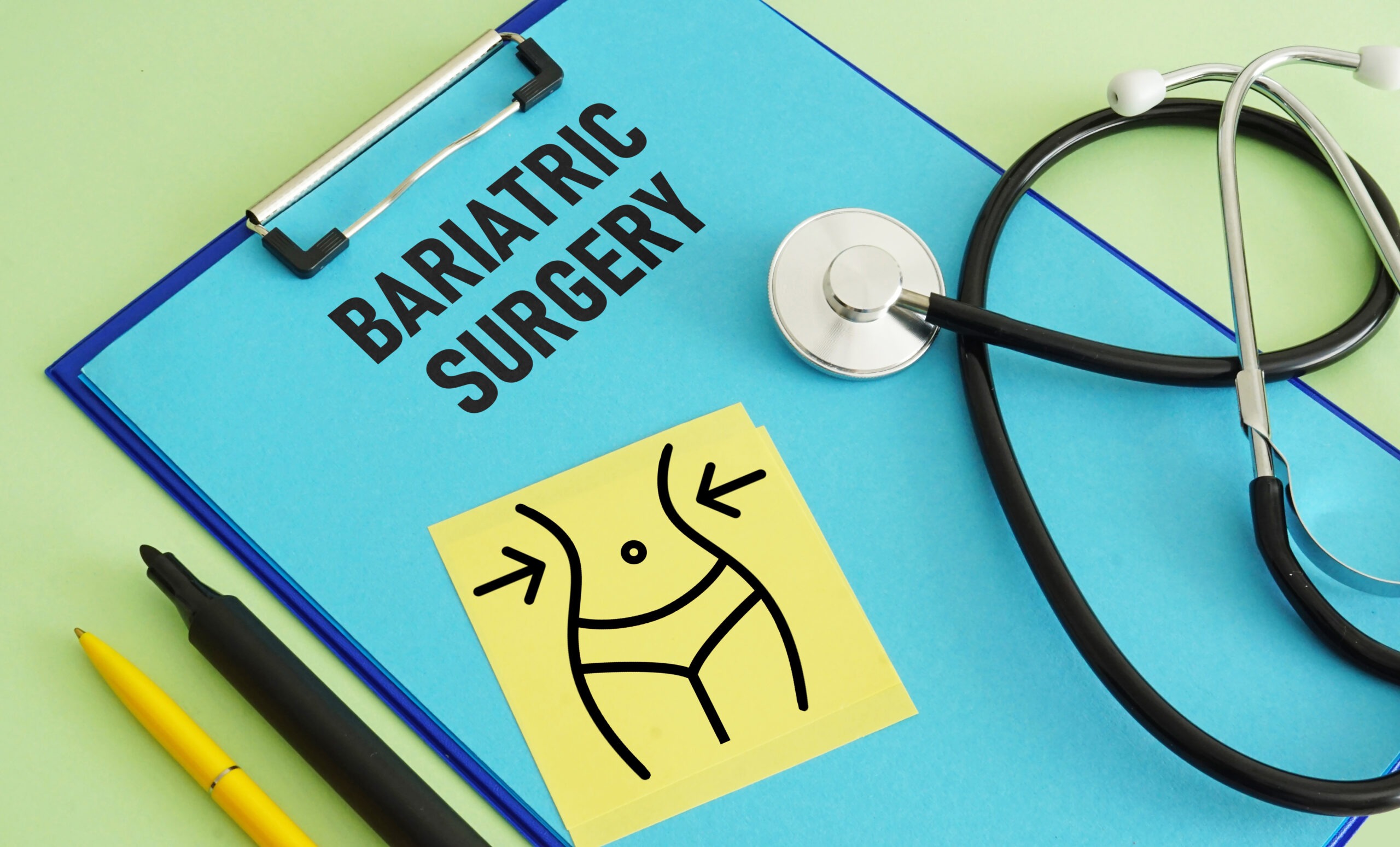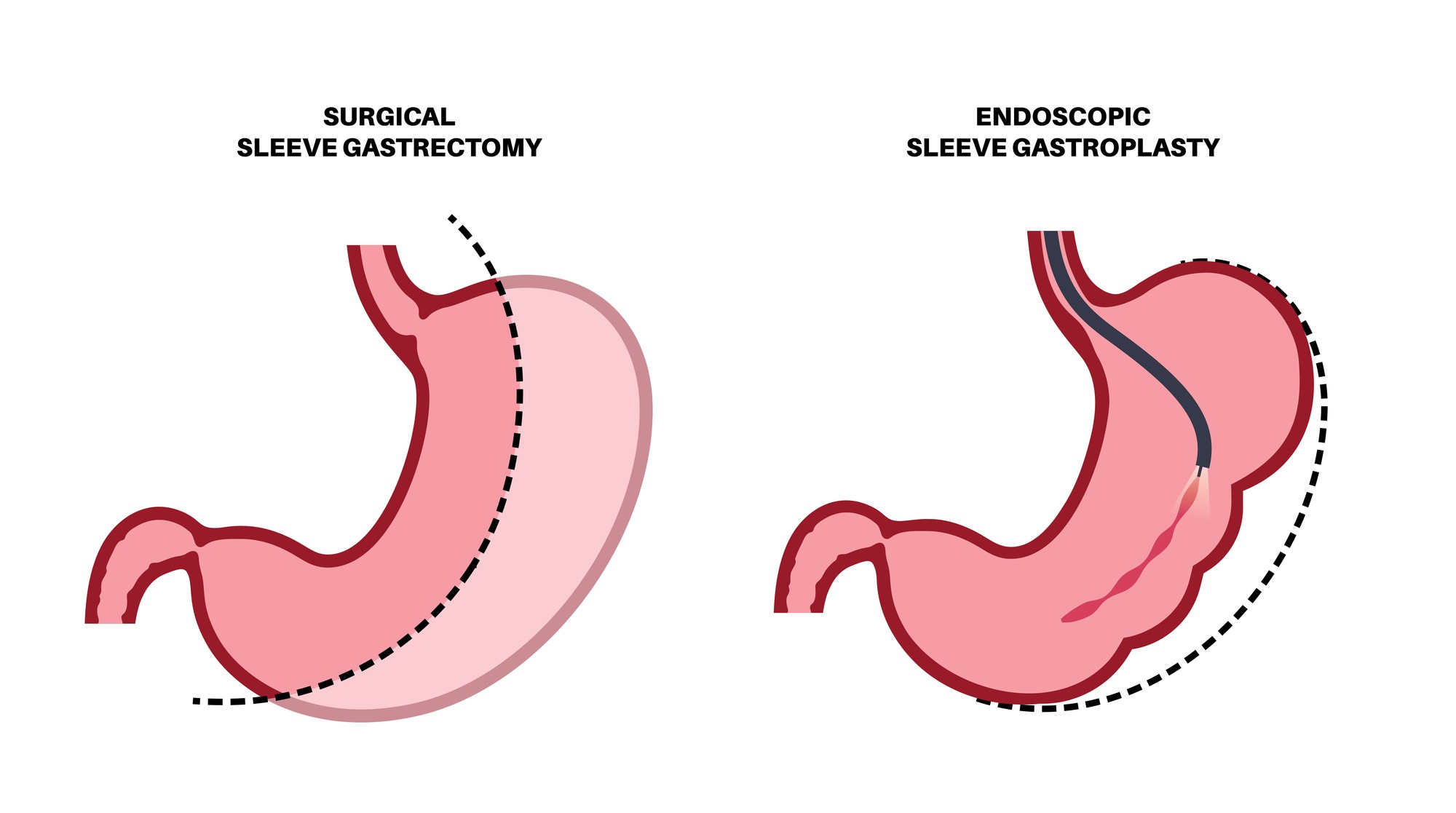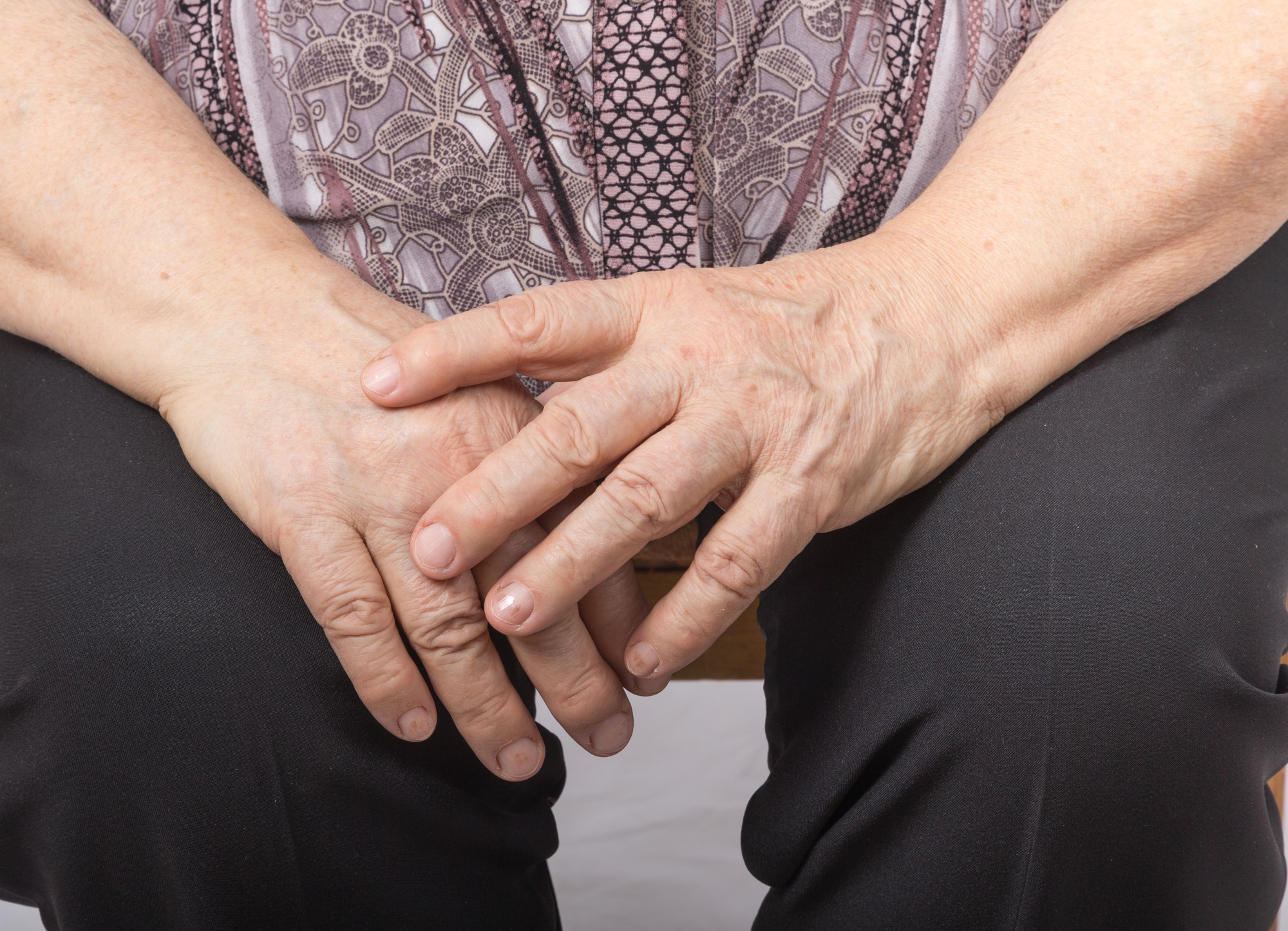Depression is a common mood disorder affecting the mental health of many Americans, with 1 in 3 adults reporting symptoms in 2021. It can make you feel more anxious and helpless in different stressful situations, which can lead to complicated physical and mental health conditions.
Some of the most common treatments for major depression are psychotherapy and medications, such as antidepressants. However, these treatments are not perfect, and they are not a permanent solution. Some medications may introduce dependence, while psychotherapy may not be effective for everyone or may take a long time to improve a person’s depression symptoms.
Most often than not, depression can be difficult to deal with when you have existing physical health conditions like diabetes, high blood pressure, and obesity. But certain lifestyle changes, such as a balanced diet, nutritional supplementation, and regular exercise, can directly affect your mood by promoting healthy and more active brain activity.
This blog post will discuss the link between diet and depression and how eating better might help combat your depressive symptoms.
What is Depression?
Most of us feel sad and moody from time to time, which is part of the ups and downs of everyday life. However, some people experience these intense feelings of sadness and anxiety for an extended period of time.
Depression, also known as major depressive disorder, is more than just a persistent feeling of gloom. It’s a serious mental condition that may interfere with your family, work, and social life, disrupt eating and sleeping habits, and crash your energy levels all at once.
It is a common scenario that may occur to anyone regardless of age, gender, race, education, income, or culture. Most studies confirm that there are genetic, biological, psychological, and environmental factors that may contribute to the development of major depression.

What are the Symptoms of Depression?
Depression isn’t the same for everyone, but the most common physical and behavioral signs and symptoms include:
- persistent sadness and anxiety
- feelings of hopelessness and emptiness
- feelings of helplessness
- feelings of frustration and irritability
- feelings of guilt
- lacking in confidence
- indecisiveness
- difficulty concentrating and remembering
- low energy and constant fatigue
- loss or change of appetite
- difficulty sleeping or oversleeping
- loss of interest or pleasure in activities
- unwanted weight loss or gain
- frequent headaches, muscle or stomach pains
Your Mental Health and Diet: How It Works
Depression is a serious and life-threatening health condition, but it can be effectively managed with the right treatment plan. One of the best ways to improve your mood is to make some minor changes to your diet.
The food you eat matters as it influences all aspects of your health, but most especially your brain and overall mood. Recent studies show that there is a link between diet and risks of depression, where a healthy diet is associated with lower risks of depression.
Knowing the interconnected nature of your brain and gut is the first step in preventing inflammatory factors that could worsen your symptoms. The chemicals in your brain called neurotransmitters control your body’s overall function, including mood, appetite, and energy levels. When there are deficits in these neurotransmitters, specifically norepinephrine, it may lead to lower focus and depressed mood.
Now, the food you eat affects the level of these neurotransmitters in your brain. Foods that are high in carbohydrates, specifically refined sugar, trigger the release of another important neurotransmitter that influences your mood called serotonin. This is why it feels good to drown our sorrows with a pint of ice cream.
While it’s important to eat foods that can activate these neurotransmitters to make you feel good, your food choices should also offer nutrients that can fuel your health. Most feel-good foods, such as foods high in fat and sugars like fried food and ice cream, can lead to weight gain and severe inflammation. By implementing some dietary improvement, you can add certain foods to your diet to help you combat the symptoms associated with depressive disorders.

Healthy Foods for Depression
One of the well-known diets for a healthy lifestyle is the Mediterranean diet. This diet focuses on eating more vegetables, fruits, fish, and healthy fats, and less meat and dairy products. A 2017 meta-analysis reported that a diet containing high amounts of vegetables, fruits, whole grains, fish, olive oil, antioxidants, and low-fat dairy is associated with lower risks of depression.
The study also emphasized that a Western diet, which is predominantly processed foods, red meat, sweets, high-fat dairy products, and refined grains, may cause an increased risk of depression. Foods that are lacking in nutrients tend to have a negative impact on your body systems, and if your body isn’t working at full capacity, you may have a higher risk of suffering from various health problems like hypertension, obesity, and heart disease.
The list below contains nutrients and their common sources that may improve your overall health and help with symptoms of mood disorders:
- Omega-3 fatty acids: Commonly found in fatty fish, walnuts, and seeds, omega-3 fatty acids play an important role in healthy brain function by protecting the nerve cells to prevent brain diseases. These fatty acids are also good for heart health. Some sources of omega-3s are salmon, tuna, mackerel, flaxseed, canola oil, and dark green, leafy vegetables.
- B vitamins: Research findings suggest that B vitamins, specifically vitamins B9 (folic acid) and B12 (cobalamin), may help enhance the immune system and reduce symptoms of mental disorders. Both vitamins can be found in foods on a Mediterranean diet such as fish, lean animal foods, legumes, low-fat dairy products, nuts, seafood, eggs, dark green vegetables, and whole grains.
- Vitamin D: While most people get their vitamin D from sun exposure, dietary sources are also important to support the brain and reduce symptoms of depression. Vitamin D can be found in mushrooms, fatty fish, egg yolks, and beef liver.
- Antioxidants: The unpaired and unstable electrons in your body called free radicals contribute to cell damage, aging, and dysfunction. Hence, foods rich in antioxidants can help protect your body from free radicals and support your overall health. Some of the most important antioxidants are vitamins A, C, and E, and anthocyanins. Most common sources of these nutrients are fresh fruits and vegetables like blueberries, red cabbage, strawberries, broccoli, spinach, kale, beets, and cantaloupe.
- Protein: Eating foods rich in protein – such as turkey, tuna, or chicken – contains the amino acid tryptophan, which is important for increasing serotonin levels in your brain. This may result in a clearer mind, higher energy levels, and better focus. Other healthy sources of protein are low-fat cheese, fish, lean beef, soy products, whole grains, and legumes.
These nutrients are present on a Mediterranean diet, which also highlights moderate consumption of dairy products like cheese and yogurt, eggs and poultry, red meat, alcohol, and high-sugar foods.
Your healthcare provider may determine the appropriate therapeutic levels of these key vitamins and minerals. They may also recommend adding certain dietary supplements to your diet.
Take note that dietary supplements should only be added to your diet under the direction of your healthcare provider to ensure safe dosing and effective results.
Can Diet Have an Effect on Depression?
Making healthy lifestyle choices such as adopting a balanced diet like the Mediterranean diet is one of the first steps to improving your overall health. Scientific evidence shows that people who are obese are more likely to develop depression and vice versa.
Aside from having better food choices, it’s crucial to consider other factors that may be causing your depression symptoms. For instance, getting enough quality sleep and exercising regularly may help improve your physical, mental, and emotional health. It may also be possible that certain foods and drinks like alcohol and caffeine are triggering your symptoms.
It is important to meet with your healthcare provider if you are experiencing severe depression so that they can best assess your situation to provide appropriate and effective solutions. Never self-medicate or exceed the recommended amounts on your treatment protocol without talking with your healthcare provider first.
To schedule a consultation with a healthcare provider who can provide a more integrative and natural treatment for your depression, visit our website to message us or call us at (470) 419-4380.




